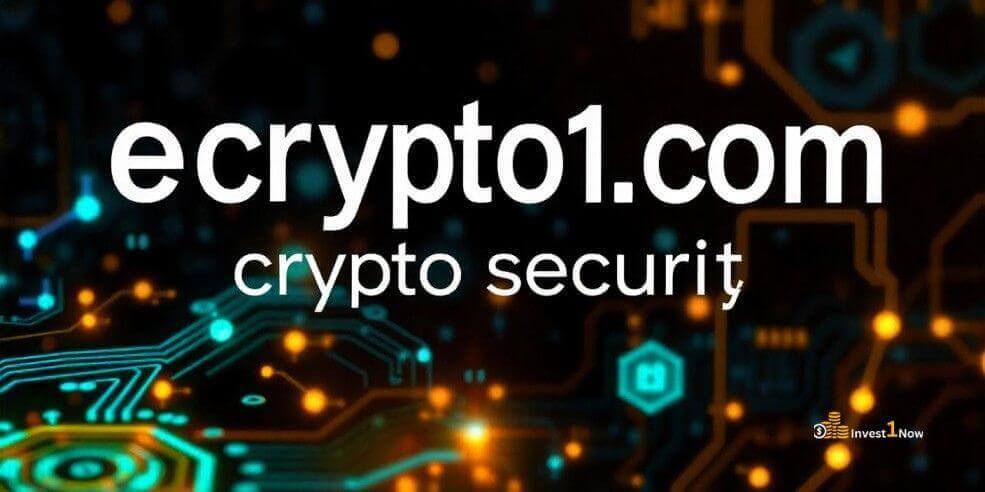1. Introduction
Cryptocurrency is growing fast. But security risks are also increasing. Hackers target weak systems every day.
Many investors lose funds due to poor security. Phishing, scams, and malware attacks are common threats.
Strong security measures protect assets. Following best practices reduces risks.
MORE INFORMATION:- https://techvapex.com/myfastbroker-com/
2. Understanding Crypto Security Threats
Hackers use different tricks to steal funds. Phishing scams trick users into revealing private information.
Malware attacks infect devices and steal wallet keys. Centralized exchanges are vulnerable to breaches.
Hot wallets remain at risk due to online exposure. Many crypto hacks result in massive financial losses.
3. Best Practices for Crypto Security
A strong password prevents unauthorized access. Always use unique passwords for each platform.
Password managers help store complex passwords securely. Two-factor authentication (2FA) adds another security layer.
Cold storage wallets keep crypto offline. Hardware wallets offer better protection than software wallets.
Phishing emails look real but steal login details. Always verify URLs before entering information.
Using VPNs prevents data interception. Secure browsing habits help protect against cyber threats.
4. Secure Crypto Transactions
Verifying wallet addresses prevents loss of funds. Sending crypto to the wrong address is irreversible.
Scammers promote fake giveaways. Never trust unrealistic offers or investment schemes.
Smart contracts may contain hidden vulnerabilities. Double-check all decentralized app transactions.
5. The Role of ecrypto1.com in Crypto Security
ecrypto1.com provides up-to-date security guides. Users get exclusive tips on preventing hacks and fraud.
The platform shares the latest crypto security news. Awareness helps investors stay one step ahead.
6. Advanced Crypto Security Measures
Multi-signature wallets require multiple approvals. This extra step adds more protection.
DeFi platforms have security risks. Always research before making decentralized investments.
Private keys should never be shared. Keep seed phrases stored in a secure place.
7. What to Do If You Get Hacked?
Act fast if funds go missing. Changing passwords and enabling 2FA can prevent further losses.
Report fraud immediately. Some platforms help recover stolen assets.
Legal assistance may help in certain cases. Cybersecurity experts provide professional support.
8. Future of Crypto Security
Blockchain security is evolving. Developers create new protection methods.
Artificial intelligence detects threats in real time. Automation strengthens crypto security.
Future trends will enhance safety. Staying informed helps investors protect their assets.
9. Conclusion
Crypto security should never be ignored. Risks exist, but smart strategies reduce threats.
Following best practices ensures safe investments. Awareness and vigilance are key to protection.
Stay updated. Keep assets safe. Never take security lightly.





